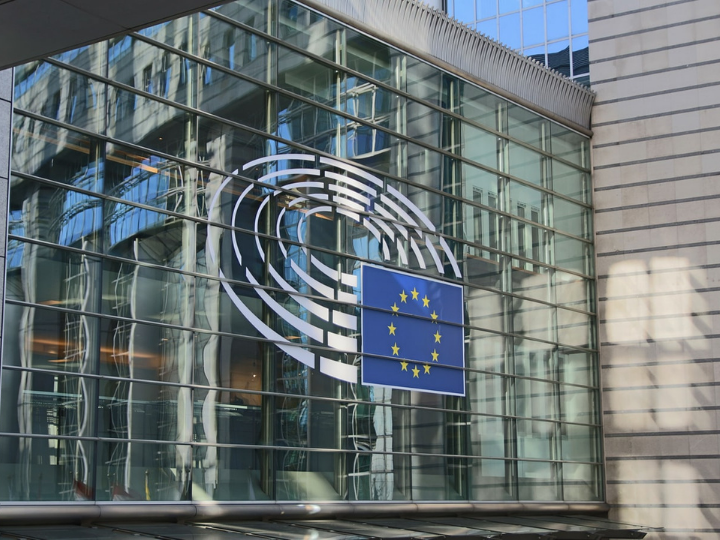The European Parliament approved on Tuesday (27 April) a strengthened legal framework for the EU Civil Protection Mechanism to ensure that the EU is better prepared “to respond to future large-scale emergencies”.
Approved with 641 votes in favour, 44 against and 14 abstentions, the Civil Protection Mechanism will now be endowed with around €1.26 billion for the 2021-2027 period, a significant increase compared to what was allocated to it in the 2014-2020 EU budget (€368.4 million).
Added to this is €2.05 billion mobilised by the Recovery Plan for Europe – which accounts for the multiannual Budget and the EU Recovery Fund (‘NextGenerationEU’) and represents €1.8 billion – to “implement civil protection-related measures to respond to the impact of the crisis generated by COVID-19”.
The Mechanism now allows the European Commission to “plug gaps in transport and logistics” and, in urgent cases and under certain conditions, to “directly purchase the necessary resources through ‘rescEU’”, the EU reserve to help countries hit by disasters, which include water-bombing aircraft, medical transport, medical equipment and field hospitals.
According to a statement by the Parliament, the strengthening of the EU Civil Protection Mechanism will bring “more flexibility, better coordination and more resources to cope with future large-scale emergencies”.
The European Commission welcomed the European Parliament’s vote in a statement from the Commissioner for crisis management, Janez Lenarcic, who said the Mechanism would become “more agile, more comprehensive and better able to respond to today’s challenges”.
“When the next large-scale crisis occurs, the EU needs to have the tools to respond to it effectively, including cross-border crises affecting several member states and several sectors at the same time,” Lenarcic said.
The European Parliament’s approval comes after the Portuguese presidency of the Council of the EU reached an agreement with the Parliament’s negotiating team in February.
At the time, Portugal’s internal affairs minister, Eduardo Cabrita, called the EU Civil Protection Mechanism an “essential tool of EU solidarity”, which would provide “vital support to member states facing devastating fires, earthquakes and other disasters”.
“However, the COVID-19 pandemic has shown us the challenges we face when many member states need simultaneous support. The new rules will allow us to be even better prepared for similar situations in the future,” Cabrita said.
Following the European Parliament’s endorsement, it now remains for the Council of the EU to approve the reform of the Mechanism so that it can enter into force.
Created in 2013, the EU Civil Protection Mechanism serves as a voluntary system to help member states deal with increasingly frequent natural disasters.
*first published in: www.euractiv.com




 By: N. Peter Kramer
By: N. Peter Kramer

